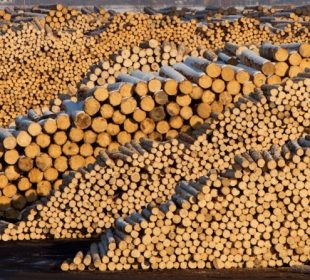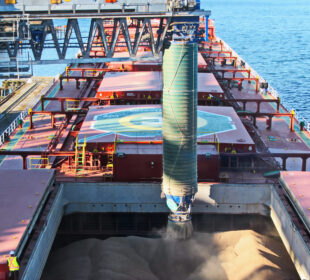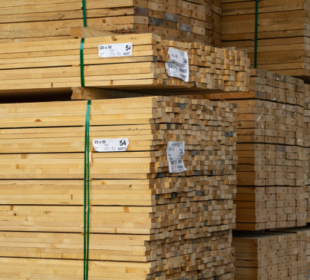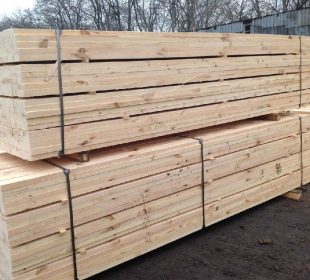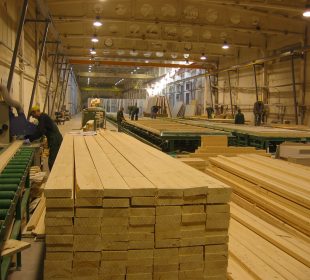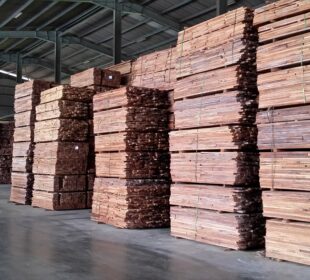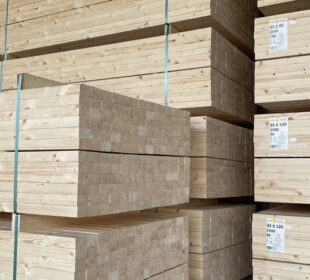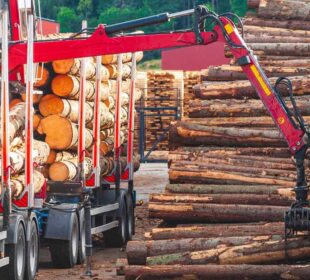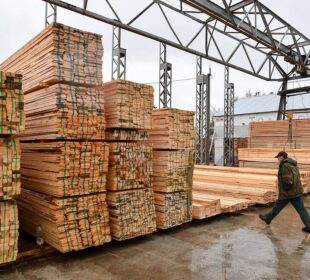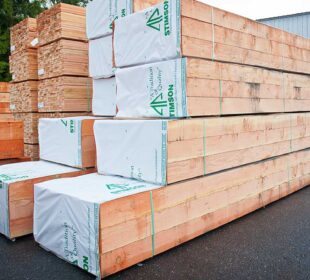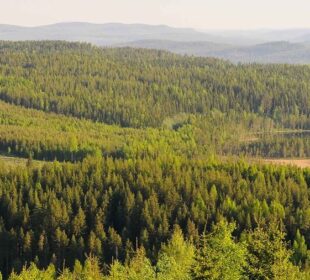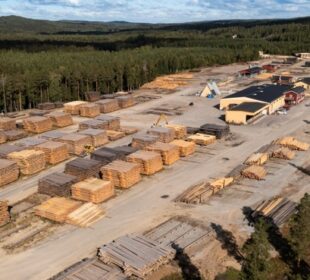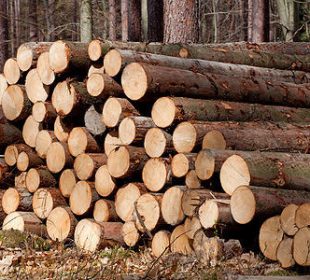The Swedish pulp and paper industry has been positive during the last six months, even if the Brexit has caused some serious trouble. Also, the sawmill market’s situation has stabilized since last winter.
With the UK being the largest export market for sawn timber products, the Swedish export market faces uncertainty regarding the exchange rates, which could affect the forest industry.
Even in the Eurozone, the progress is low. An imminent risk of a slowdown threatens many places after Brexit-vote. Slowdown occurs in China as it happened in 2015 too. The only country that keeps on growing is India, but both Brazil and Russia have continued catastrophic numbers and the economies keep on shrinking
World stock markets fell sharply in connection with Brexit, even if they made it back completely in recent days. It is likely that the referendum will mean a further longer and deeper period of record low world market, where the troubles of the UK's role as a metropolis for trade will be strengthened.
Yet, the Swedish sawmill market’s situation has stabilized since last winter, and the NIER's confidence is at a higher level than the historical average. During this semester, the sawmills delivered more than they produced, as a result of increased demand.
Remarkably, the different Swedish market positions of pine and spruce were very competitive with the Russian production and the slightly cautious demand from North Africa and the Middle East. These led to a price difference between pine and spruce.
For the paper industry, however, positive developments, both production and deliveries increased. The positive trend continues internationally too. The packaging industry has developed strongly, while the production of graphic paper continues to decline.
The investments in the Swedish forest industry is increasing, while the export value drops.


